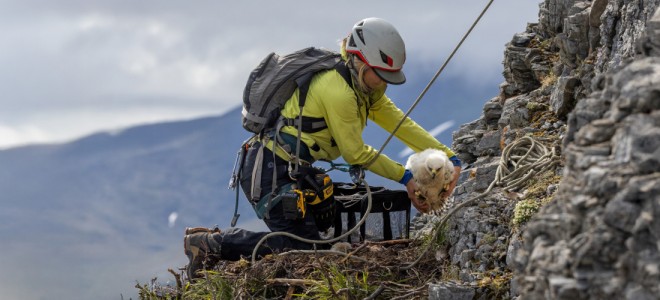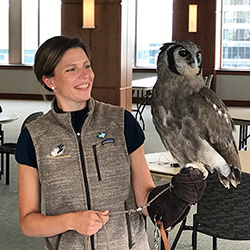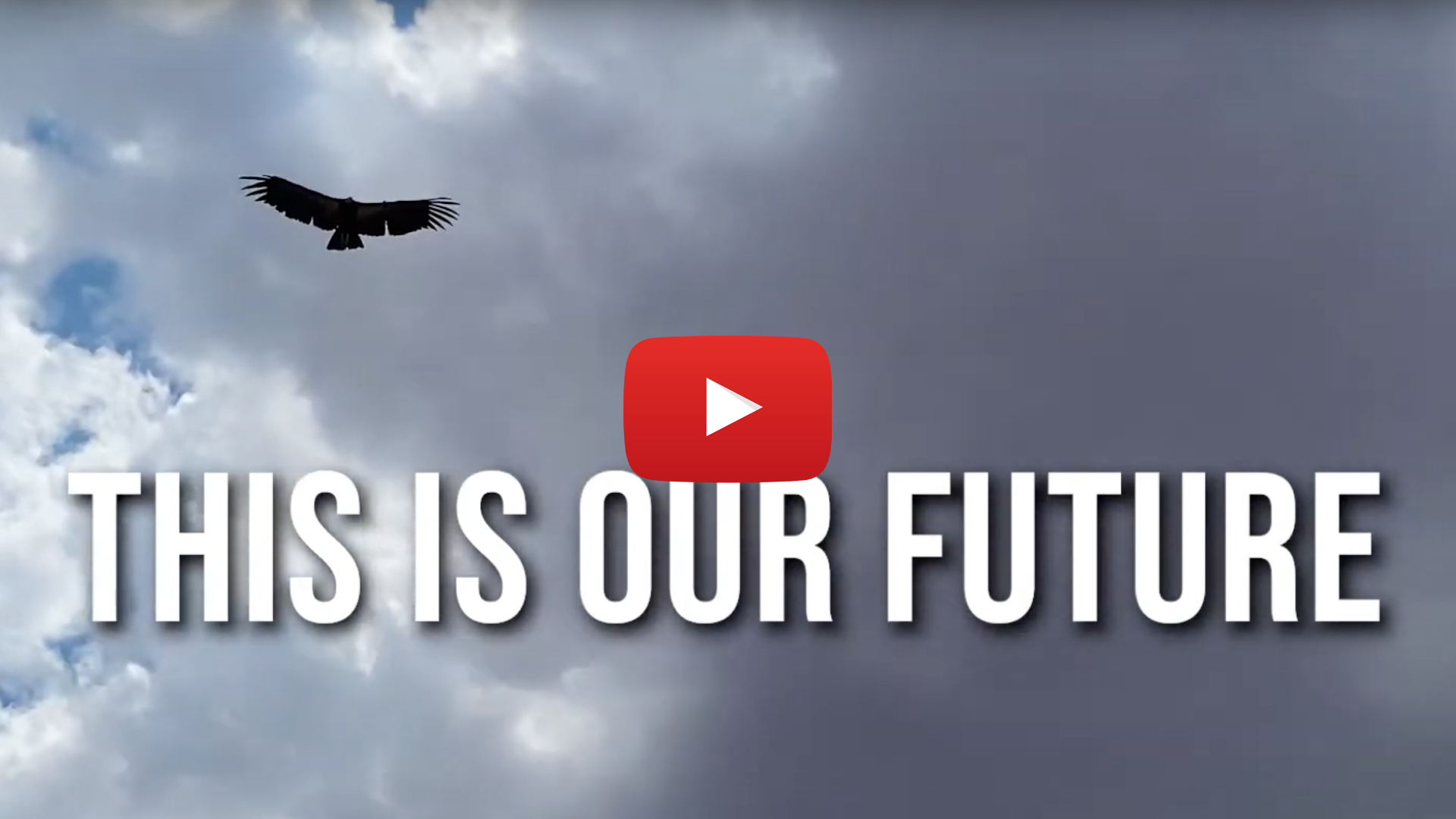Welcome to The Peregrine Fund
For over 50 years, The Peregrine Fund has worked to conserve birds of prey. Today, 56% of raptors are in decline globally, 32% are Threatened or Near-Threatened, and 17 species are Critically Endangered, with the high risk of going extinct in the next 50 years.
As top predators, birds of prey serve as indicators of ecosystem health while providing essential services like rodent control and disease prevention through carrion removal.
We need raptors, and raptors need us.
Together with our global partners and supporters, we tackle threats such as pollution, deforestation, and human–wildlife conflict, in addition to the expertise we provide in science and conservation specific to birds of prey. The result is a better world for raptors and the rest of us. The Peregrine Fund relies on science to inform conservation actions that save species.
Over the last 30 years, we repopulated a continent with Peregrine Falcons, doubled the population of Critically Endangered Ridgway’s Hawks in the Dominican Republic, and identified and addressed the cause of the Asian Vulture Crisis in the mid-2000s. Today, we work across five continents on behalf of all 561 species.
There is hope in conservation, but we have to work together. Welcome to a community of members and supporters who believe we can change the world through thoughtful engagement and evidence-based solutions.
Warmly,
Heather Meuleman
Vice President of Development
The Peregrine Fund
For over 50 years, The Peregrine Fund has worked to conserve birds of prey. Addressing threats such as pollution, deforestation, and human-wildlife conflict is key to supporting the world’s 561 species of raptors and the ecosystem upon which we all rely. As top predators, raptors serve as indicators of ecosystem health while providing essential services like rodent control and disease prevention through carrion removal.
The Peregrine Fund relies on science to assess extinction risk and causes of decline to allocate resources effectively while engaging local communities in comprehensive, collaborative conservation solutions, unique and innovative to each region.
Key achievements include removing the Peregrine Falcon from the U.S. Endangered Species List, helping restore the Mauritius Kestrel population from just four wild birds, and identifying and addressing the drivers of the Asian Vulture Crisis. Current projects span dozens of countries, including community-based conservation in Madagascar, doubling the known Ridgway's Hawk population on Hispaniola, and managing California Condor recovery efforts in the American West.
If you’re in Boise, visit the World Center for Birds of Prey
Follow us on social media:









